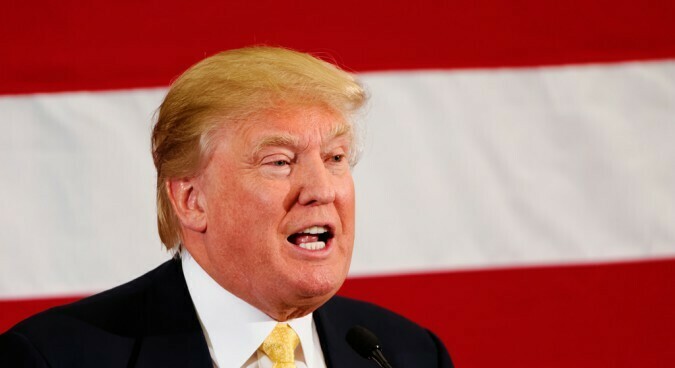The true goal of U.S. policy towards North Korea since the death of Kim Jong Il has been “political suffocation and system collapse” of the DPRK, a nine-page ‘Memorandum of DPRK Foreign Ministry’ document said on Tuesday.
The document, provided to NK News by the DPRK Mission to the United Nations, provides a detail-driven and chronological account of why, from Pyongyang’s perspective, the Obama administration’s policies have since 2012 justified ongoing development of nuclear and missile programs.
Citing an increased focus on North Korea’s human rights situation, ever-expanding military exercises on the peninsula, and a ratcheting up of the sanctions regime, the timeline shows that the U.S. policy of ‘strategic patience’ is “none other than an aggressive and heinous “strategic suffocation” policy against the DPRK,” the document says.
That means the “root cause of escalated tension on the Korean peninsula lies with the U.S. hostile policy and nuclear threats against the DPRK, not the latter’s nuclear and missile tests,” the document continues, pointing to around 50 U.S. policies, statements and military maneuvers since January 2012 as evidence.
Overall, the document concludes, Pyongyang’s decision to bolster its nuclear and missile capabilities – alongside efforts to develop the economy – put the North in a “new strategic position.”
And that means the U.S. should now “take actual measures to show that they are willing to scrap its anachronistic hostile policy and nuclear threat,” an approach that would be a “first base of resolving all the issues.”

Photo: Michael Vadon/Flickr
OLIVE BRANCH?
While North Korea often justifies its nuclear weapons and ballistic missile programs – prohibited by several rounds of UN sanctions – with angry statements about U.S. policies, the timing, manner and style of the ‘Memorandum’ document is notable.
“It’s almost like they wrote a policy review for the Trump team and said ‘Here’s our take on it,'” John Delury, a long-time North Korea watcher at Seoul’s Yonsei University, told NK News on Wednesday.
“It starts with Kim Jong Un, not Obama … (meaning) there’s an implicit message from their perspective: the clock started over when the young leader took over,” Delury continued. “And here’s what he’s faced from you guys. Here’s what Obama did. He insulted him, he threatened him, and he sanctioned him.”
The detail-driven approach in the document, which lacks “threatening or ominous language,” further shows an effort of North Korean restraint, Delury added.
“They’re trying to say: here’s what strategic patience was. And it didn’t work, so try something new.”
Consequently, the document can be seen as “an effort to get Trump to change course…(to) try something new.”
Tristan Webb, a senior analyst for NK News affiliate NK Pro, agreed that the timing suggested the paper is aimed at President-elect Trump.
“Of particular interest are the final two sentences of the memorandum, which suggest the terms on which the DPRK might make a deal with the U.S.: some form of acceptance of the DPRK’s nuclear capability, and an end to the U.S. nuclear threat.”
“The most pragmatic deal here might be one where the DPRK accepts a freeze on tests and a shelving of the question of nuclear recognition, in return for the U.S. dropping its claimed right for nuclear first-use against the DPRK, dialling back on ROK-U.S. military exercises, and the U.S. dropping its preconditions for returning to the Six-Party Talks,” he said.
OVER-ARCHING GOAL
Daniel Pinkston, another Seoul-based North Korea expert, said the document did not, however, suggest a change in over-arching DPRK “national interests,” noting Pyongyang has long “been consistent and very transparent in their goals.”
“North Korea always throws this type of propaganda at new administrations and those who are not well informed about the situation on the Korean peninsula,” he continued. “They do this to justify their actions and to gain an advantage in strategic interactions with adversaries.”
Dr. Andrei Lankov, a North Korea historian at Kookmin University and regular NK News contributor, agreed.
“The political message is: we are nuclear, we do not care what you say about it, and we are willing to talk as long as you do not seriously question our nuclear potential.”
Additional reporting: Ole Engelhardt
No comments:
Post a Comment